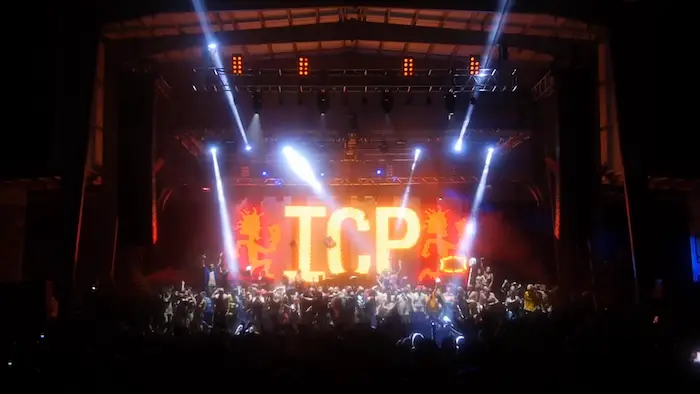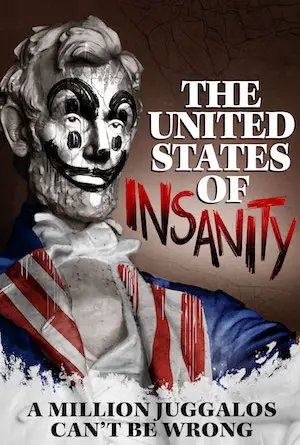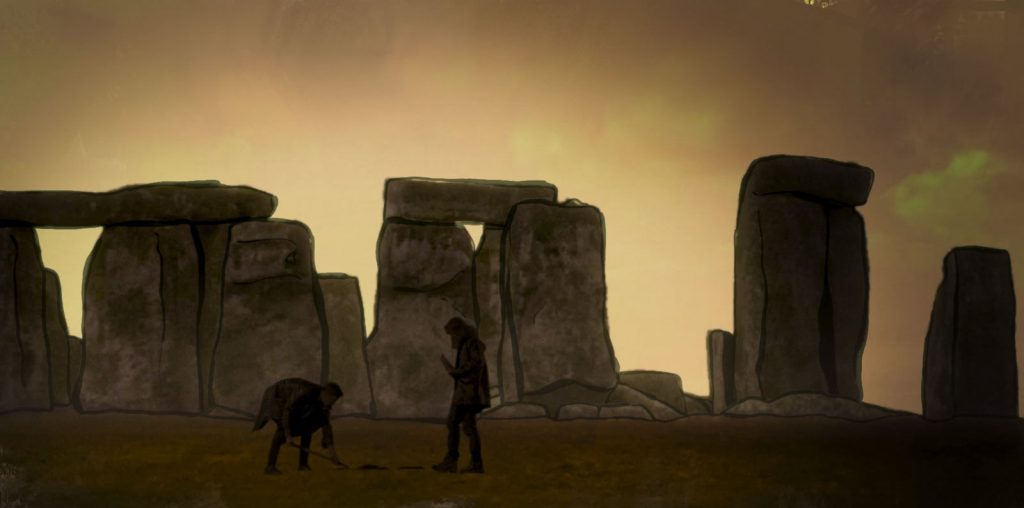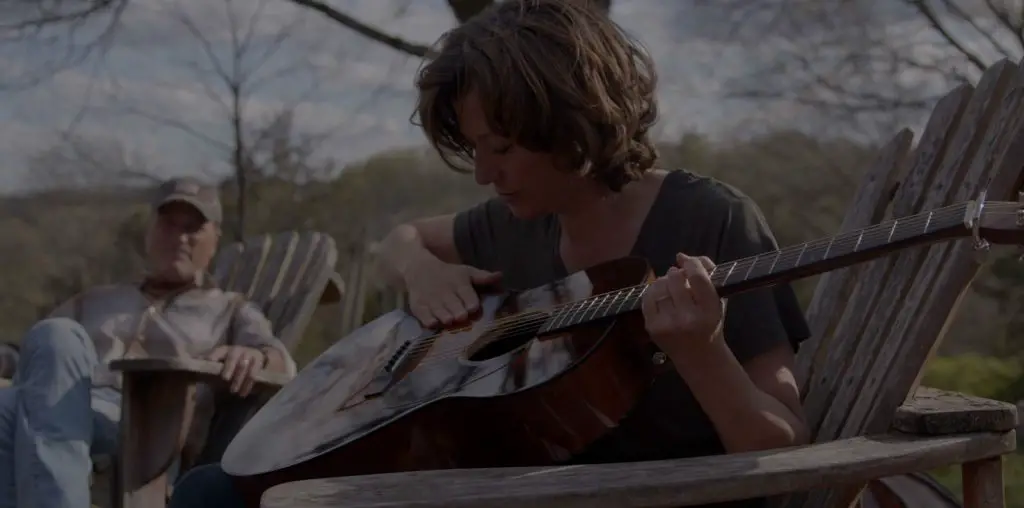
Mention Insane Clown Posse (ICP) to most people, and you’ll be met with eye rolls and sneering tirades spewing nothing but disgust. Yet, despite people’s borderline psychotic hatred for them, the Detroit hip hop duo has attracted a loyal following who call themselves “Juggalos.” Like KISS fans, they emulate their heroes by donning face paint, wearing the group’s clothing, and attending their events.
Not surprisingly, this subculture, made up of mostly poor Midwestern youth, gained the attention of law enforcement. As such, Juggalos – i.e., music fans – were placed on the FBI’s top ten list of gangs. Directors Tom Putnam and Brenna Sanchez examine the absurdity of the group’s legal battles in the gripping documentary The United States of Insanity.
ICP’s roots date back to the 1980s when friends Joseph Bruce, aka Violent J, and Joseph Utsler, aka Shaggy 2 Dope, formed a neighborhood club with others called The Floobs. Being the poorest on the block, these kids were outcasts in their neighborhood but gained strength through their friendship and supported each other through troubles at home. The Floobs morphed into the Inner City Posse, an attempt at being a street gang that achieved little more than graffiti and beatdowns from real gangs. Eventually, they channeled their energies into wrestling, holding backyard matches for the neighborhood kids. Then they started rapping, and Insane Clown Posse was born.
The United States of Insanity shows that even in the beginning, ICP did things their way. Labels weren’t interested, so they made cassettes. Once their name got out there and the crowds started coming, they couldn’t find a single positive review. Having grown up as outcasts, Bruce and Utsler embraced the hate and opened their arms to outcasts worldwide. Thus the Juggalos were born. Like the punk and hardcore scenes of the 1980s, they rejected the snobbery of rock stardom, proclaiming that there are no VIPs because “We’re all very important people.” The band collects food and clothes for their struggling fans and makes sure everyone is fed at gatherings. Though they wear face paint throughout the film, Bruce and Utsler come off as regular guys with families and kids to feed.

“Imagine going to work and finding out that you’re fired because you like a specific band.”
So how did they end up on the FBI’s gang list?
Not surprisingly, nobody has an answer. Attorney Farris Haddad admits that the government’s “research” seemed to be a few Google searches. Apparently, some Juggalos somewhere committed crimes; therefore, all Juggalos are criminals. It’s a Kafka-esque conclusion. By the same rationale, all metal fans are church-burning murderers. Certain members of the early hardcore punk scene were affiliated with gangs, so that must mean all Bad Religion fans are part of a criminal organization. How far does it go, and where does it end?
As the directors so eloquently depict in The United States of Insanity, it can go pretty far. People have lost their jobs – and even their children – simply for being ICP fans. Imagine going to work and finding out that you’re fired because you like a specific band. Regardless of what you may think of their music, there is no excuse for law enforcement’s continued targeting of them and their fans. The vast majority are just young people struggling to get through. Their only crime is not being rich and beautiful enough for society’s standards.
Sanchez and Putnam do an excellent job of presenting this argument thoughtfully without heavy-handed preaching. By the end, you want to hang out with Violent J and Shaggy 2 Dope and blast ICP from your stereo. Okay, maybe not, but it certainly doesn’t hurt to actually listen to them to understand how ridiculous the FBI’s proclamation has been. Besides, the music isn’t that bad. There’s plenty worse out there.
Do we want to live in a society that ruins people’s lives for their musical taste? Hopefully not. Watch The United States of Insanity to see what that means and decide for yourself.

"…by the end, you want to hang out with Violent J and Shaggy 2 Dope..."


